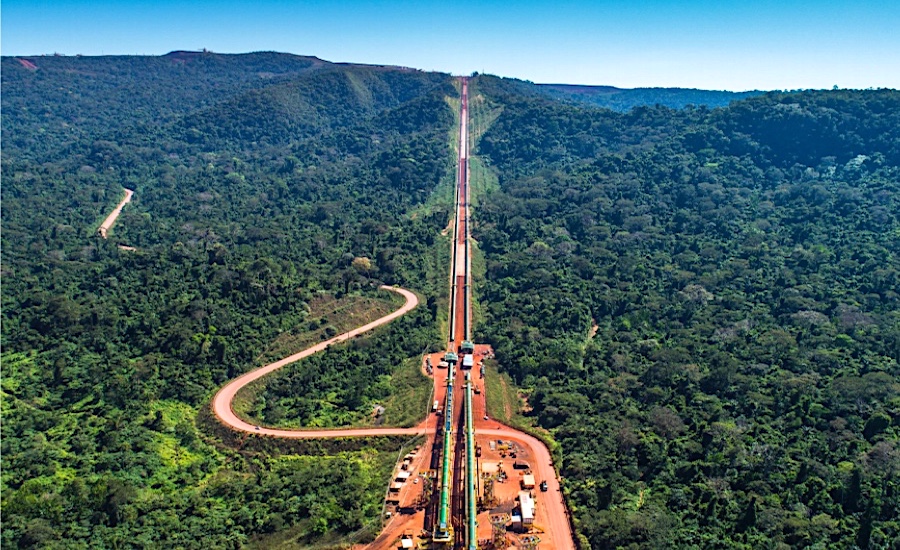Brazil to ease licencing of newly listed strategic minerals

The government backing comes mostly in the form of easing the licencing process by facilitating, for example, the dialogue between the environmental agency responsible for conducting the environmental licensing process and authorities such as the managing bodies of Conservation Units, the National Indian Foundation (Funai), the National Institute for Colonization and Agrarian Reform (Incra) and the National Institute of Historic and Artistic Heritage (Iphan).
Having a project of any of those minerals does not automatically qualify a company to access the program, says Adriano Drummond Trindade, a Brazilian lawyer specializing in the mining sector.
“Each project has to be assessed on a case by case basis by the government, yet this seems to be an important initiative to assist in navigating through the various public entities involved at permitting a mineral project,” he told MINING.COM.
A company that has a project of a mineral deemed strategic may request assistance from the government as long as it meets certain criteria.
Trindade explains that the strategic minerals policy is run by the Investment Partnerships Program (PPI), which is a governmental body dedicated to expanding and accelerating the implementation of projects with the participation of the private sector in Brazil.
A company that has a project of a mineral deemed strategic may request assistance from the PPI as long as it meets specific criteria, he said.
For a mineral to be considered essential to Brazil’s development, it must fit in one of three categories.
Perhaps the most important is that the country is currently dependent on imports of such mineral to supply key sectors of the economy. This is the case of potassium and phosphate, main ingredients for the production of crops nutrients.
Brazil imports about 96.5% of the potassium chloride it uses for fertilizers and is also the largest potash importer. According to the latest official figures, it bought 10.45 million tonnes in 2019.
Minerals used in high-tech products and processes, such as rare earth elements and lithium, are also considered strategic and related projects can expect being fast-tracked.
The third group is made up by minerals essential for the local economy due to the generation of a surplus in the country’s trade balance, such as iron ore and niobium.
Not faster or less rigorous
“It is important to clarify that the usual environmental agencies remain fully responsible for conducting the licensing processes according to the applicable legislation,” Drummond Trindade said.
The expert added that companies should not assume the environmental licensing process to be shorter, faster or less rigorous.
What miners that qualify for the program can expect is help from the PPI with contacting a company with different entities so as to minimize risks and resolve conflicts that may happen. This, Drummond Trindade added, may represent advances in mineral projects’ environmental licensing.
Companies operating and exploring in Brazil are mainly after iron ore (the country is the world’s top producer of the steel-making ingredient) and gold, though the nation also holds large reserves of potash, bauxite, manganese and oil.




